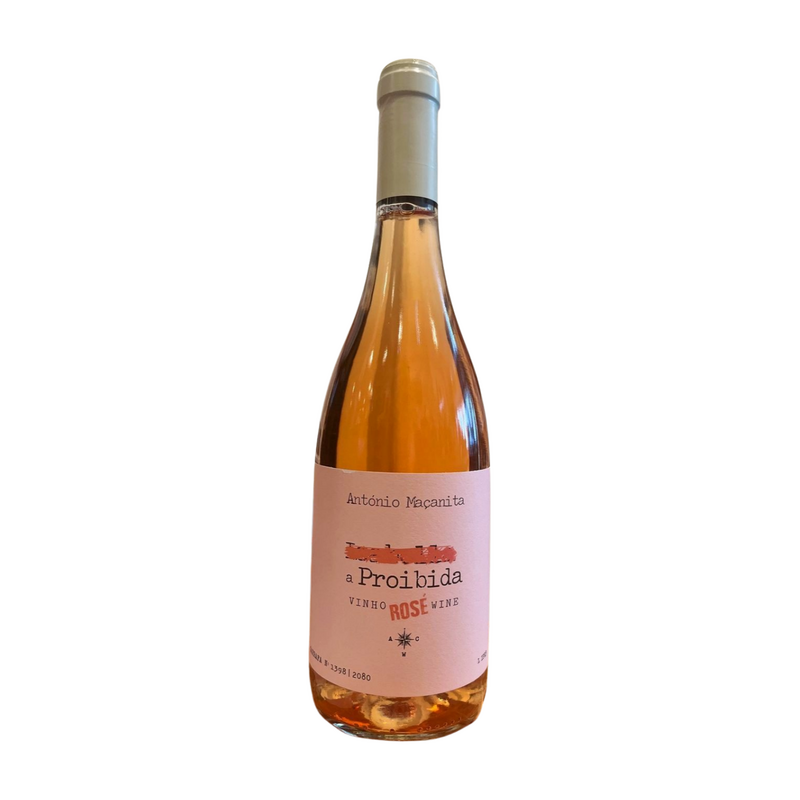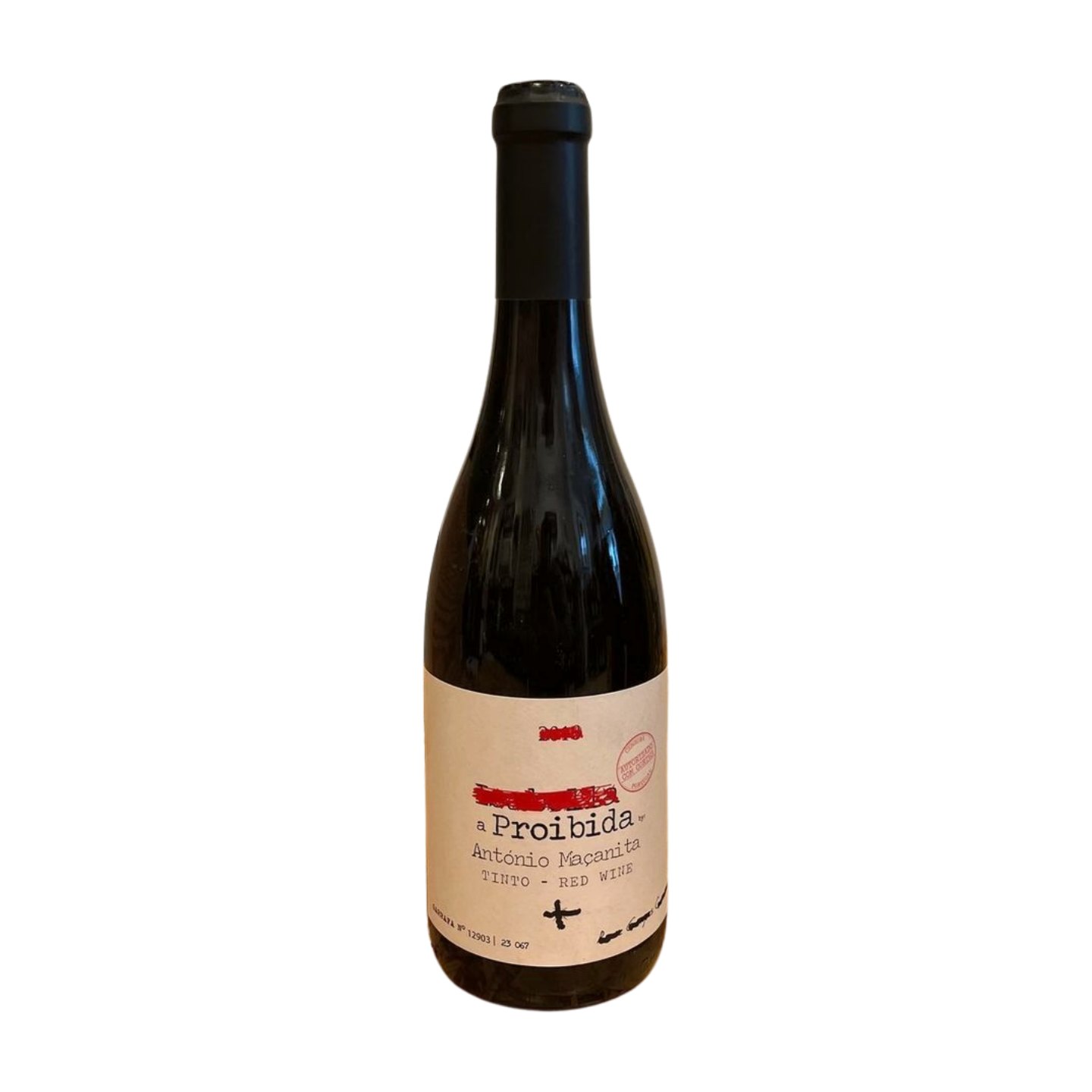Azores Wine Company
The Azores Wine Company, established in 2014 by winemaker António Maçanita and partners, is committed to crafting wines that express the singular terroir of the Azores archipelago, with a strong focus on Pico Island. The company's viticulture is deeply intertwined with local traditions, prioritizing a non-interventionist approach that respects native grape varieties and the natural surroundings. This philosophy is demonstrated in their efforts to revive and cultivate near-extinct grapes like Terrantez do Pico, a variety that highlights the region's characteristic minerality and salinity.
Pico Island's vineyards present formidable growing conditions in volcanic soil and close to the Atlantic Ocean, where saltwater significantly influences the vines. Traditional dry-stone walls, known as "currais," are integral to their viticulture. These walls protect the vines from strong winds and salt spray while creating a microclimate supporting grape cultivation. The Azores Wine Company implements sustainable practices that place a high value on ecological balance, allowing natural processes to play a central role in winemaking.
António Maçanita, a prominent figure among Portugal's contemporary winemakers, spearheads the company with a vision centered on reviving the region's winemaking heritage and exploring innovative techniques. His dedication to minimal intervention in both the vineyard and the cellar ensures that the resulting wines are genuine reflections of the Azores, capturing the essence of the land and the sea. The Azores Wine Company is actively expanding its reach, promoting the region's unique wines internationally while maintaining its commitment to sustainability and preserving its viticultural heritage.
Filters
Portuguese wine
Frequently asked questions
The entire country of Portugal is divided into 14 different wine regions, including in the Azores and Madeira islands. Some of Portugal's most famous winemaking regions include the Douro Valley (known for Port) and Vinho Verde (known for its light, refreshing white wines).
Portugal is becoming more well known for its orange wines, talha wines (traditionally made in clay pots), and palhete (made by blending red and white grapes together).
Portugal is best known for its fortified wine, called Port wine. It is produced in the Douro Valley, which is a UNESCO World Heritage Site and recognized as the world's first demarcated wine region, established in 1756.
Vinho Verde in northern Portugal is another popular winemaking region characterized by rolling hills and lush landscapes. It's known around the world for low-alcohol, refreshing white wines, although the region traditionally focused more on red wines made with the fruit-forward vinhão grape.
The Portuguese island of Madeira, with its subtropical climate, is renowned for its fortified wines. Winemaking here dates back to the 15th century, when Portuguese
explorers brought grape varieties from around the world.
Our sustainable, natural wine shop is located in the Marquês neighborhood in Porto, Portugal. We also ship to countries around the world, including within Europe, the United States, Canada, Australia, China, and more. Review our Shipping Policy to learn more.
In recent years, there has been a notable shift toward sustainable viticulture and the production of natural wine in Portugal. Many winemakers are implementing organic farming practices and embracing biodiversity to maintain soil health and reduce chemical inputs. This commitment to sustainability is not only beneficial for the environment but also enhances the quality of the wines, allowing the unique characteristics of the terroir to shine through. For example, some winemakers are now utilizing ancient terracotta amphorae for fermentation (called talha in Portuguese). This method preserves regional cultural heritage, enhances the wine's character, and aligns with sustainable practices by reducing reliance on modern materials.


